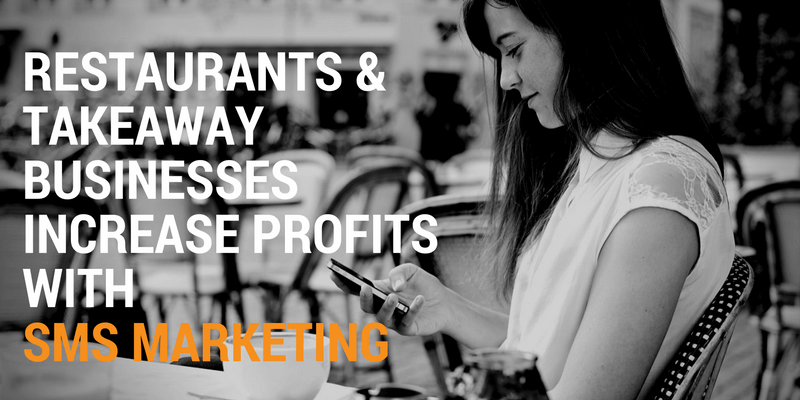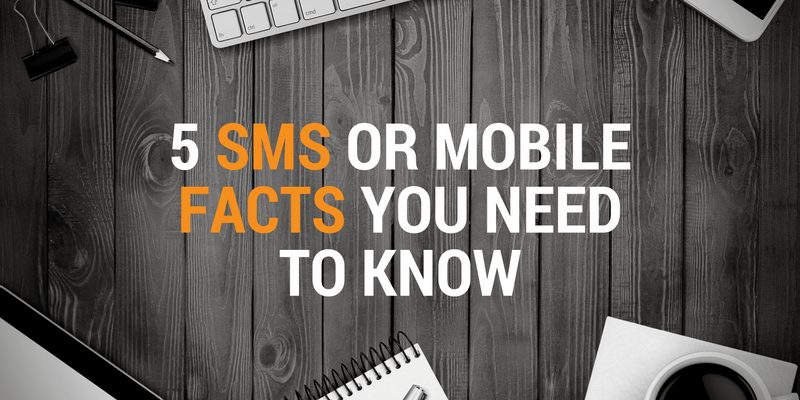The Art of SMS Marketing for Bars, Pubs and Clubs

When it comes to SMS marketing, you really need to pick your moments. If you don’t use it enough, you might as well not bother with the service; use it too much, though, and you run this risk of annoying your user base to the point of unsubscribing. Getting email spam is bad enough, but the lack of subtlety with SMS spam is a big problem. It doesn’t matter if you’re operating a casino or the corner pub, ensuring you strike the balance is imperative to the success of your SMS marketing campaign.
So, if you are a club or pub promoter, you’re probably wondering what the ideal balance would be. Well… let’s just say that if you’re sending out a message more than once a week, you’ve probably exceeded the volume of texts you should be sending. Just because it might be extremely cheap to send batch messages to your loyal patrons, doesn’t make it a sound business decision.
Now, you might be thinking: “Yeah, but we get big bumps of numbers when we do it.”
Here’s the thing, though: just because something is initially successful, doesn’t mean it is the optimal strategy for long-term growth; if that were the case, then the same logic could be applied to say that pyramid schemes are great. The real key to creating an effective SMS campaign as a pub or club is to post infrequently enough that most of your user base won’t even remember the last time you sent them a message. The ideal reaction of your SMS recipients should be one of pleasant surprise or, at the very least, intrigue.
Now that you have a thorough understanding of what makes for proper frequency, let’s take a look at content.
Depending on your pub or club, your audience may vary significantly; however, there are still some underlying concepts that you can utilise to encourage healthy crowds.
1. Pick a typically quiet day to run your next SMS campaign
This might sound counterintuitive, but allow us to clarify and elaborate…
In the interest of resolving ambiguity, SMS campaigns should be both sent on typically quiet days and be about typically quiet days. It is worth noting, however, that this advice best applies to pubs and clubs that already have a full house on a busy night. And therein lies the rationale behind focusing your efforts on quieter days. Your SMS campaigns may be wasted on days that are already seeing huge numbers, and that’s not even mentioning the aforementioned problem of oversaturating your regular patrons’ phones by bombarding them with SMS messages on a Saturday night.
Another reason for not just sending it the day of (or especially the evening of) is that people make plans; that is just how most people work. You might be an impulsive socialite promoter, but many of your patrons have already made their plans for the evening before the message is ever received. Unless your promotion is to say that you managed to get Sir Paul McCartney on the setlist, it’s not usually a great idea to throw in last-minute promos. It can also come across as desperate in the same way that your drunken ex texts you at 3:30 am.
2. Speaking of promos, these are really effective
A well-timed promo – including discounted entry or drink specials – is a great way of casually getting back in touch with your SMS subscribers without annoying them. A message on Tuesday for, say, an event on Thursday, gives your subscribers some breathing space, and it also makes them think about going out on a night that they typically might spend at home. Thursday nights, often called ‘Uni Night’ in some circles, usually have room for more patrons, and students with lopsided class schedules might find the idea of cheaper drinks and entry prices more palatable than the free-for-alls of Friday and Saturday night.
This leads us to another point: the initial collection of phone numbers. When you collect your number, getting a little more information as to their university enrollment status is useful for one key reason: it means that you can have a sublist that is only dispatched to university students, without bothering your subscribers who aren’t uni students; your core demographic for these nights can be hit with laser-like focus.
3. Learn from your competition
Subscribe to all of the local pub and club SMS services. Take note of the different strategies that these venues employ in their SMS marketing strategy. But more than this, make sure you actually make some intermittent reconnaissance missions to check on the success of these campaigns. Make sure, though, that you are comparing SMS campaigns against ‘control’ nights. You also want to chart your competitors’ social media use, such as Facebook and Twitter, to ensure that other forms of digital marketing aren’t skewing results.
If you’re ahead of the competition (good for you!) and there’s nothing to be learned that way, just speak to your fastsms account manager who will be able to give you some great advice.
If you think SMS campaigns aren’t worth the effort, think again. There is a good reason why thousands of pubs and clubs all over the world use SMS marketing to attract punters. Just one well-timed SMS campaign can generate hundreds, if not thousands, of more pounds into your establishment’s coffers. Extrapolate these figures out over the course of a year, and now you are looking at a very significant increase in revenue, which can then be put towards enhancing future campaigns and generating business growth in a natural and financially sustainable way.
Conclusion:
SMS marketing can be a double-edged sword, which is why it’s crucial to ensure that each one of your campaigns is well thought out, immaculately spelt, financially accurate (i.e., the prices listed are correct), and, perhaps most importantly, the time and date is 100% accurate. Only once you have triple-checked each one of the components should you then consider sending out a batch. One suggestion is to send a test message to yourself beforehand because fresh eyes and a new perspective might allow you to notice something you didn’t notice before. Additionally, sending it or showing it to a couple of your colleagues to check for errors is a good contingency plan.
Related Articles
Restaurants And Takeaway Businesses Increase Profits With SMS Marketing
Your customers are likely thinking about food at certain times of the day, and at those times their phone is almost certainly within arms reach. Using SMS marketing you can time your messages perfectly because you know that the time you send them is the time they get read, usually within 2 minutes.
5 Ways Guest Houses Can Benefit from SMS Marketing
Hotels Use SMS Messaging to Head Off Bad Reviews
Online travel and review sites are great for travellers. They are good for hotels too, but they offer a double edged sword. User reviews are unfiltered – that is the travellers can say whatever they like both good and bad. And managing a bad review can be difficult, but how can SMS help?
5 SMS or Mobile Facts You Need to Know
So many of us are used to having our mobiles around nearly 24 hours a day that it’s easy to forget it’s still a growing industry. And though SMS has been around for over two decades, the ways we use it and people’s willingness to use it continues to grow. So for this blog I picked out five facts about mobile and SMS that really make the case that SMS for business has come of age. Let’s see if you agree.
Drive Up Attendance During Festival Season with SMS Messaging – Part 1
People love live music. Ticket sales worldwide are expected to reach $20.5 Billion (~£14.2B). The UK alone has around 900 festivals each year. There just aren’t enough headliners to go around. What else can you do to draw people to your event (whether you have a headliner or not)? The answer: Make your event an experience rather than just a destination.
Can Travel Agents Use SMS Messaging to Stay in Business?
“European travel agents don’t like it”. That’s a statement made by one of the gentleman at my table during the mCommerce Summit earlier this month. He is from Cruise America, a successful RV (camper) vacation rental company based in Arizona, but with 123 locations around the US. We were talking about his company and their online and mobile reservation options.
How to Turn SMS Messages Into Better Reviews for Your Hotel
Hotel guests use review site ratings like TripAdvisor to make decisions about where they’ll stay. If your hotel doesn’t rate well, you’re in trouble. Find out how you can get more positive reviews when you use SMS messaging to communicate with guests.
5 Ways Hotels Can Use SMS Marketing to Increase Brand Loyalty
More and more industries are tuning in to the advantages that SMS marketing can offer their business. SMS marketing is not only useful for acquiring new customers, it can be used to increase brand loyalty as well. This is particularly true for the hospitality industry, which faces challenges unique from other industries, in that they are on the front line when it comes to delivering customer service.
SMS Messaging for Cafes and Restaurants
With more and more people than ever before eating out and sampling food from around the world in eateries up and down the country, the restaurant sector is booming. But if you're operating a small business in the hospitality sector, you need to make sure that you keep your premises as full and thriving as possible in order to pay your bills and keep the enterprise sustainable. That's where SMS messaging comes in. In this blog post, we will look at ways you can use SMS messaging to make your business processes more efficient, boost your customer numbers and become the most popular place in town.
3 Examples of Using SMS Messaging for Hotel Customer Satisfaction Surveys
Even great hotels sometimes have a mix up or some sort of problem that can affect a guest. And with social media and hotel review sites, chances are a disgruntled guest isn’t going to keep their complaints to themselves. Here are three examples of how to use SMS messaging to gauge customer satisfaction.












